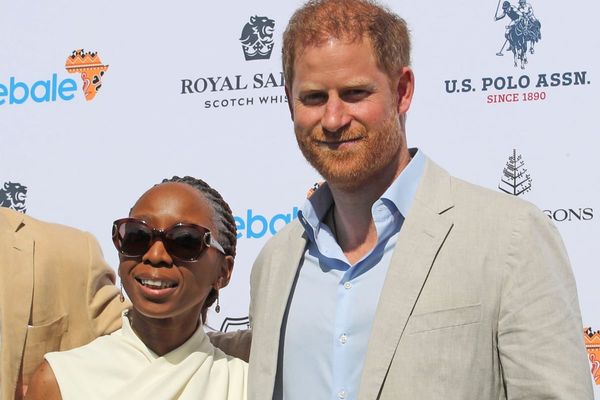
Calls are growing for senior officers to be held accountable for the alleged war crimes carried out by some of our special forces personnel during our decade-long deployment to Afghanistan. The more we know about what occurred on some patrols, the more the public demands accountability. The fact that a pattern of behaviour seems to have been established over an extended period fuels that demand, as the egregious actions can’t be dismissed as errant behaviour that occurred in the fog of war. The Brereton Report went through in forensic, if redacted detail about dozens of incidents where war crimes may have occurred. Even more detail is contained in Justice Besanko’s voluminous judgment in Ben Roberts-Smith’s ill-fated defamation action. The verdict was damning.
One soldier has been charged by the Office of the Special Investigator and it is hard to imagine that other personnel won’t be charged with war crimes in the months to come. The Australian public, for whom the military has long held a special place in the national psyche, are entitled to answers as to how this sad state of affairs came to be. Media commentators, veterans groups and others have raised questions about the accountability of those “higher up” the chain of command. And herein lies the difficulty – none of those commentators can define what “higher up” means, while few understand the nature and definition of military command and control. Neither do people have a good idea of what they mean when they want people “held to account”.
While no one doubts the validity of “command responsibility”, in modern coalition campaigns command and control concepts can be complex. Australian units may be working under the operational direction of coalition headquarters so that national commanders have little oversight over the day-to-day operations of such units. Force elements may be deployed in different countries hundreds of kilometres away from their national headquarters.
The ability of in-country headquarters to influence the conduct of individuals is equally constrained when you are talking about the activities of small patrols operating well away from their command chains. Much trust is necessarily placed in junior commanders in the field. Brereton’s legal and military training allowed him to understand the peculiarities of contemporary command and control responsibilities and the difficulties in exercising them in the Afghanistan context. His report makes note of the command status of force elements accused of war crimes, although most readers unfamiliar with them may find them hard to decipher. Yet it is essential to understand what responsibilities various states of command or control confer on commanders before one calls for individuals to be held to account.
The decision to commit a war crime is ultimately the responsibility of the individual who carried it out. That is not to say that the type of behaviour revealed in the Brereton Report and the defamation trial could not, and likely should not, have been stopped with better oversight. This is reflected in the fact that other, more senior personnel have had administrative action taken against them. Exactly how high up the chain of command people should be held accountable for the actions of a small number of rogue soldiers acting independently at the tactical level will always be a subjective matter. It certainly exercised the mind of Justice Brereton and the views regarding it expressed in his report should be read closely. That having been said, more senior officers’ careers have been halted as a result of the actions of a few soldiers, even though privacy considerations preclude them from being made public.
If it is difficult to apportion blame and then determine what administrative action is appropriate for more senior commanders, the issue of honours and awards should be a more straightforward issue. It is entirely appropriate that individual medals and unit commendations awarded over the period when war crimes were allegedly committed be reviewed. Collective awards rely on the meritorious conduct of all of those who served in the unit. If some of that group conducted themselves in a manner anathema to what the army stands for, then there is no way that the collective award should stand. The same goes for individual medals normally awarded to commanders for meritorious service on operations. The chief of the defence force, Gen Campbell, has advised that a review has been conducted into such awards and is currently with the minister. This is as it should be.
The military should be held accountable for the shortcomings of some of its best-trained soldiers. Those calling for such accountability, though, should understand the nature of operational command and control and those empowered and equipped to exercise it. Without knowing this, vague calls for “higher ups” to be held accountable risk drawing attention away from those individuals ultimately responsible for war crimes – the people who pulled the trigger.
Dr Rodger Shanahan is a former army officer who served in Afghanistan










